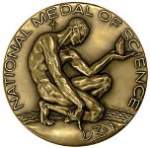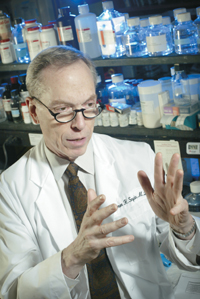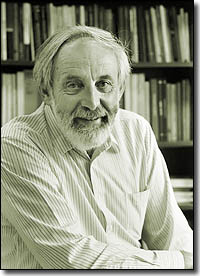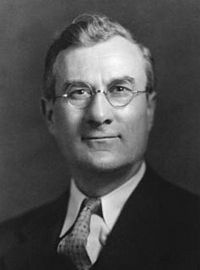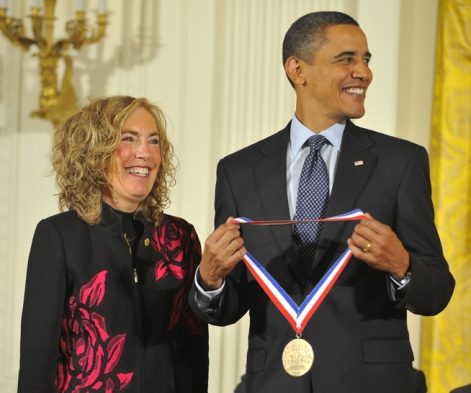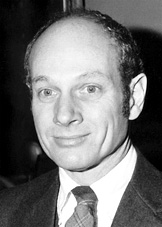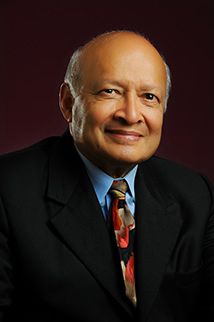Vera Rubin National Medal of Science Awarded In 1993
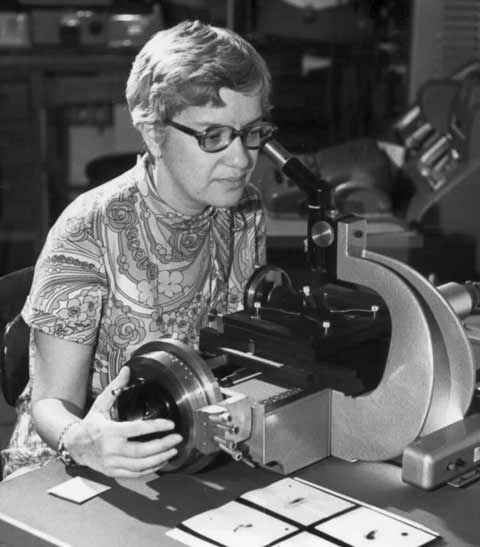
Vera Rubin
Award Name : National Medal of Science
Year of Award : 1993
Award for : Astronomy
Location : Philadelphia, Pennsylvania, United States
Vera Rubin is an American astronomer who pioneered work on galaxy rotation rates. She uncovered the discrepancy between the predicted angular motion of galaxies and the observed motion, by studying galactic rotation curves. This phenomenon became known as the galaxy rotation problem. Rubin was born on July 23, 1928, in Philadelphia, Pennsylvania. She instead enrolled for her Master's degree at Cornell University, where she studied physics under Philip Morrison, Richard Feynman, and Hans Bethe. She completed her study in 1951, during which she made one of the first observations of deviations from the Hubble flow in the motions of galaxies. She argued that galaxies might be rotating around unknown centers, rather than simply moving outwards, as suggested by the Big Bang theory at that time. The presentation of these ideas was not well received. Rubin’s doctoral work at Georgetown University was conducted under advisor George Gamow. Her PhD thesis upon graduation in 1954 concluded that galaxies clumped together, rather than being randomly distributed through the universe. The idea that clusters of galaxies existed was not pursued seriously by others until two decades later.
Rubin holds
four honorary doctorates, a 1993 Presidential National Medal of Science, the
1994 Dickson Prize in Science from Carnegie-Mellon University, and the 1994
Russell Lectureship Prize of the American Astronomical Society. In 1981, she
became the second woman astronomer to be elected to the National Academy of
Sciences. She served as associate editor of Astronomical Journal from 1972 to
1977 and of Astrophysical Journal Letters from 1977 to 1982. In addition to
numerous scientific papers, she published Bright Galaxies, Dark Matter, a
collection of less technical articles designed for the general public, in 1997.
